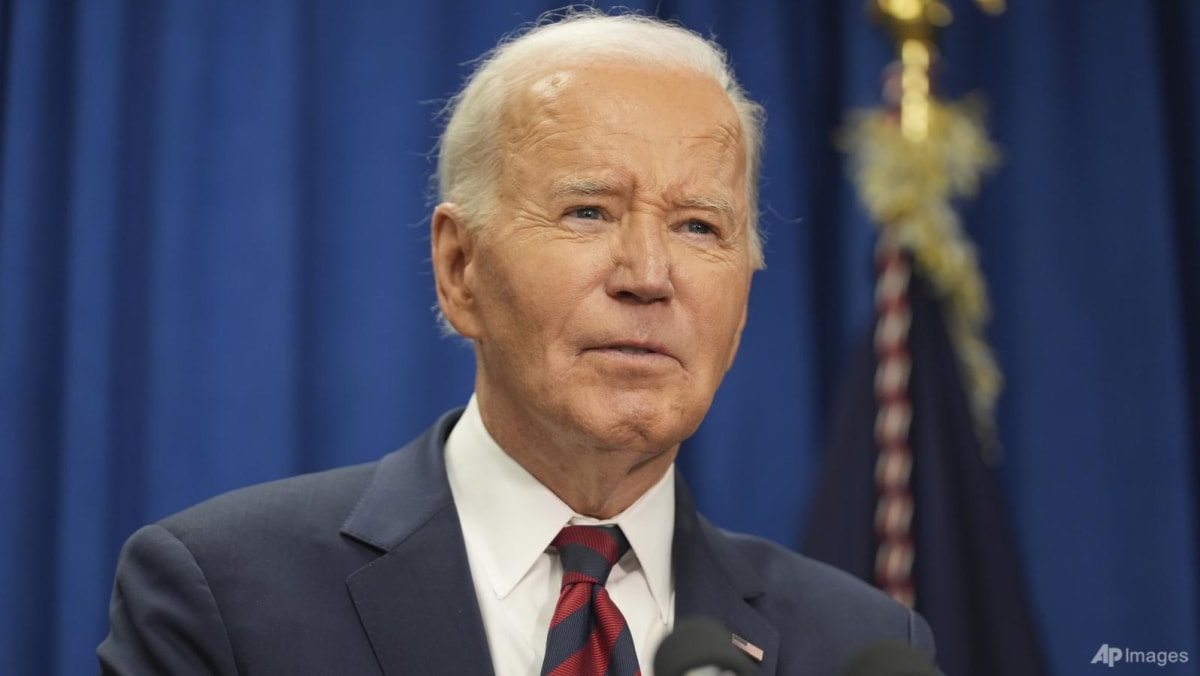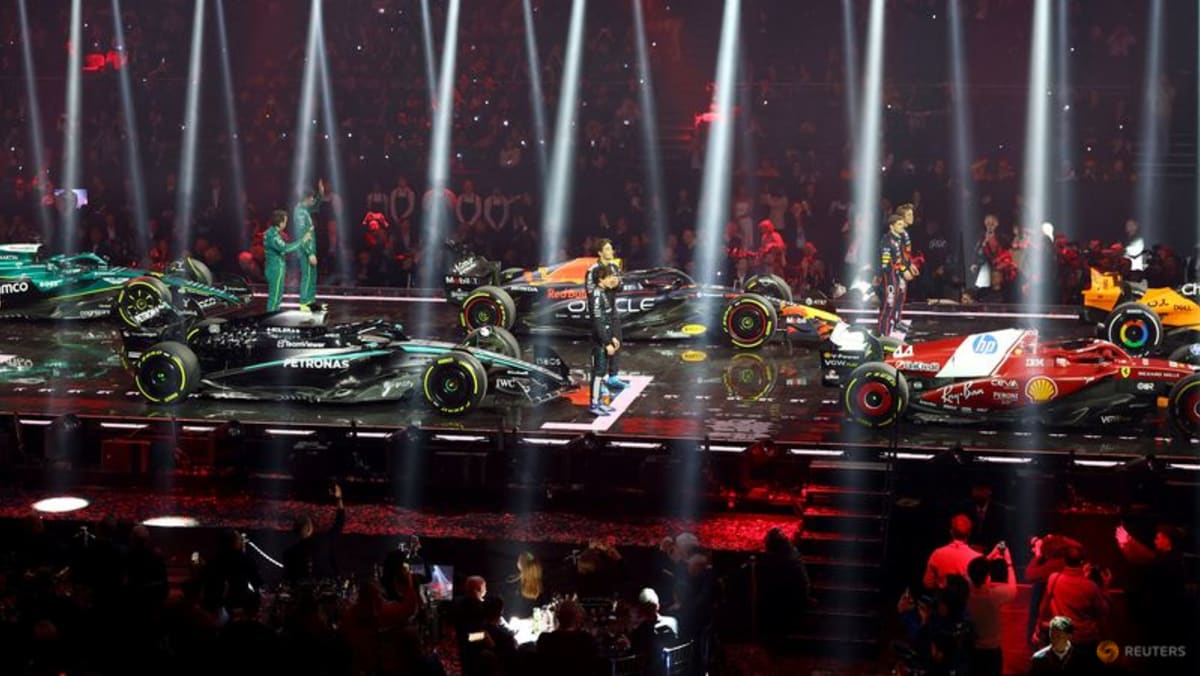LONDON : Formula One could be racing towards a far noisier future after the sport’s governing body triggered talk of a return to roaring V10 engines, this time powered by fully sustainable fuel.
Grand prix cars have been powered by 1.6 litre V6 turbo hybrid engines since 2014, with new rules from next year to 2030.
The current engines, while marvels of engineering, are hugely expensive and far quieter than the ear-splitting naturally aspirated and high-revving V10s which wowed the fans until their final appearance on the starting grid in 2006.
Mohammed Ben Sulayem, president of the governing FIA, raised the possibility in a post on Instagram reflecting on Formula One’s spectacular – and very loud – 10-team launch in London last Tuesday.
The crowd, more than 15,000-strong, had booed mention of the FIA during the proceedings.
“This week’s F1 launch in London has triggered a lot of positive discussion on the future of the sport,” said the Emirati in the post on Thursday night.
“While we look forward to the introduction of the 2026 regulations on chassis and power unit, we must also lead the way on future technological motorsport trends.
“We should consider a range of directions including the roaring sound of the V10 running on sustainable fuel. Whichever direction is chosen, we must support the teams and manufacturers in ensuring cost control on R&D expenditure.”
An FIA spokesman confirmed discussions were ongoing with stakeholders over the sport’s technical direction from 2030, and a working group was likely to be set up to explore all possibilities.
“A V10 power train running on sustainable fuel would be part of those considerations which would be tied to environmental and cost-containment measures,” he added.
“While we are fully focused on the introduction of the 2026 regulations, and the prospect of the competitive racing they will bring, we also need to keep an eye on the future.”
Some car manufacturers might be in favour of simpler and cheaper engines, even if V10s represent a technological step back.
Some brands, such as Renault-owned Alpine, are already heading for an all-electric future but see Formula One as an important marketing platform and are keen to keep the entertainment values high.
“If sustainable fuel is doing the right job to be zero emission… maybe we don’t need anymore to be so complicated or so expensive in terms of engine development,” F1 chief executive Stefano Domenicali said last year.
“So we may think to go back to engines that are much lighter and maybe with a good sound.”














